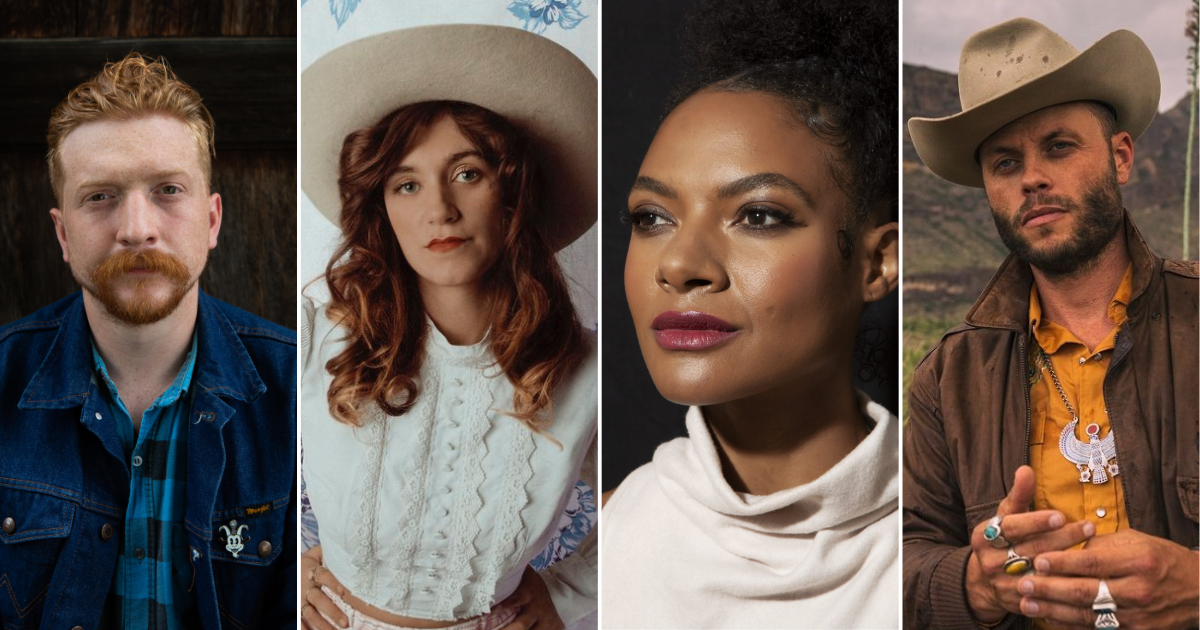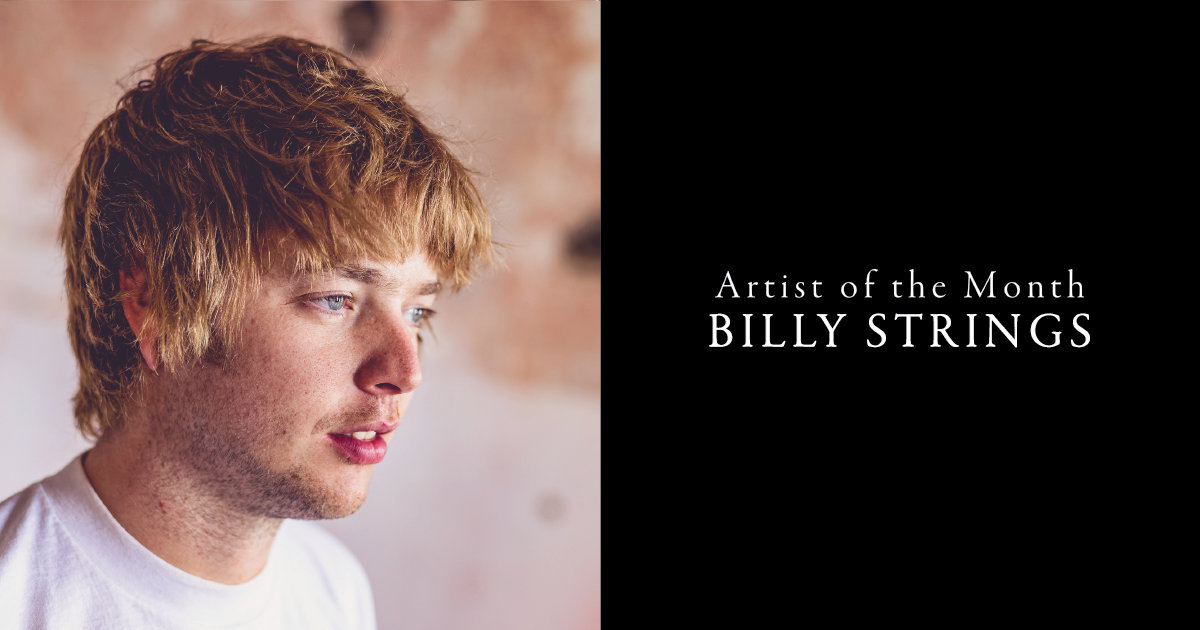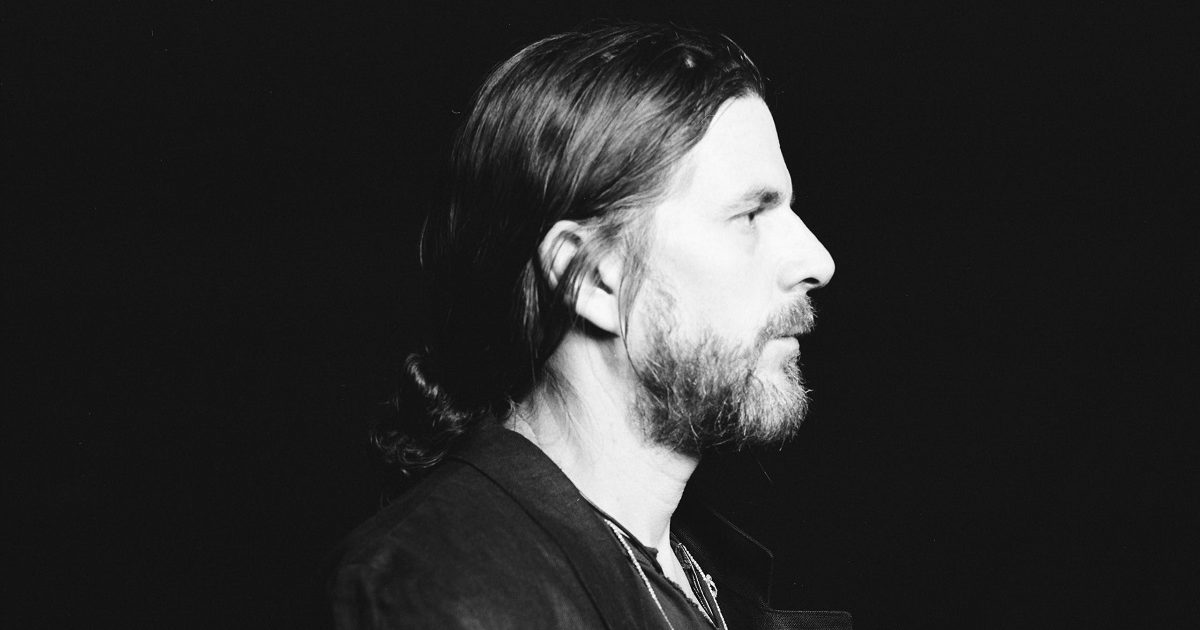Taylor Goldsmith is done trying to be cool.
“I feel like there’s an aversion to sentimentality in 2018,” the Dawes frontman (pictured far right) says from his home in Los Angeles. “And I think for a long time I wanted to try to figure out a way to play by those rules. I would write the songs in a certain way; I would maybe even carry myself onstage in a certain way because I was aware of that fact. There was a coolness that had always been there I guess to varying degrees, but I feel like now more than ever it’s important that if you’re a guy in a band, you have to not mean what you say, not know what it means, you have to kind of keep your ballcap pulled down as far as it can go and just kind of recede into the shadows of coolness. And as time goes on and when I feel most myself, I find that just not who I am, and I’m never gonna be.”
That self-awareness is evident on Passwords, the band’s sixth record. It’s an outward-looking album, one that deals with modern themes ranging from the current political climate to social media’s effect on our lives, but it also sees Goldsmith stretching his wings as a songwriter by both pushing himself out of his comfort zone and leaning in to an emotionality that has always been a part of Dawes’ oeuvre.
Case in point: the lovely “Never Gonna Say Goodbye,” written for his fiancée, the actress Mandy Moore. That song poured out of him one night while he was on tour in Detroit. (“Songs typically don’t come out that fast for me,” he says. “They take a good month or two sometimes.”) It was meant as a private “I miss you,” and Goldsmith never intended for it to be heard by anyone besides Moore until she and his brother Griffin convinced him it belonged on the record.
“The main thing [I struggled with] really was the sort of lover’s language that’s really nobody’s business, like the way anyone speaks to the person they’re with when they’re going to bed at night or waking up in the morning or the way they look at each other,” Goldsmith says. “That is the most sacred, private world that I would never dream of wanting any access to. So for me, I was like, ‘Man, this is a very vulnerable moment for me, to say “I love you and I miss you.”‘ It was just a quick thing and I didn’t really want everyone to be eavesdropping, you know? But that ended up being what I liked about it. Because it was like, ‘Okay, what is art? What is music supposed to be other than sharing these personal attitudes that can resonate with someone else?'”
Producer Jonathan Wilson, who worked with the band on their first two records and reunited with them on Passwords, helped Goldsmith feel that he made the right choice about “Never Gonna Say Goodbye” when they got into the studio to record it.
“I was talking to Jonathan about it, and I was like ‘Is this song a little too…much?'” he explains. “I feel like we would all love it if Willie Nelson recorded it in 1973 maybe, but in 2018 is that acceptable now? And Jonathan was like, ‘That’s exactly why I like this song so much. That’s exactly why this should be on the record, because people don’t have the guts to go to this more vulnerable and intimate and earnest place.’ And so that’s something that I used to be scared of because I wanted to be this sort of obtuse artist that was impenetrable because that’s what I’ve always admired in songwriters, but the reality is I’m never gonna be that. The more I embrace what comes out naturally, the better it all feels.”
That approach helped him unlock the album’s themes; though Passwords is not a concept record, its songs share a commonality that make it feel cohesive and uniquely tethered to life in 2018. Goldsmith credits “Crack the Case,” a call for empathy in a time when our country is more divided than ever, with helping him find a direction for the rest of the album’s tracks.
“Oftentimes I find that the themes and ideas present themselves,” he says. “‘Most People’ and ‘Things Happen’ are pretty much about the same thing, and I think that’s pretty cool. I think that’s indicative of a certain attitude being consistent, or something that was really on my mind. Or when I listen to ‘Born to Run’ and ‘Thunder Road,’ one’s almost a continuation of the other, but it’s something that I love about those two songs and that time in Bruce Springsteen’s career, where ‘there’s a better world out there and get on my motorcycle and I’m gonna take you there.'”
He laughs. “In every Bruce Springsteen song, it becomes the identifying mark. It becomes the fingerprint. So with this album, after writing ‘Crack the Case’ and then all of a sudden writing ‘Living in the Future,’ in a way it’s like these songs are about the same thing. One of them comes from a much more paranoid place, but it’s still in the chorus like ‘we’re living in the future, so shine a little light.’ That line could be in ‘Crack the Case.’ So the way that certain songs would bleed into each other and kind of play different angles of the same conversation, that’s something I didn’t think about until it was all written.”
But his plea for entertaining other perspectives on “Crack the Case” isn’t just directed at others. As he gets older, he has challenged himself to get out of his own head and try writing more through the eyes of others, whether it’s the fear and resignation of “Stay Down” or the weariness of “Feed the Fire,” where he’s “working for attention I’ll eventually resent.” (“The song is in this mode of ‘I,’ it’s in first person, but it’s not representative of how I feel,” he says.)
“I think that as time goes on, like anything, anyone who does anything for a living, there become things where you feel like, ‘Cool, I did that and I don’t want to do it anymore because I know how to do it now. I wanna do something that I don’t know how to do,'” he explains. “And for a long time certain approaches to songwriting or to song structures became what I would go back to because that’s what I wanted to learn how to do, especially like ‘Coming Back to a Man’ or ‘That Western Skyline,’ songs that I’m very proud of but also songs that were sort of building blocks for me to take those concepts and then follow into the way I speak as an adult rather than a young guy looking to be a songwriter. There’s a lot of talk of like sunsets and mountains and rivers on our first few records.”
He laughs before continuing, “It is very songwriterly. And that’s because I was learning the language, and as time has gone on, I’ve been trying to figure out how to find the lyrical, find the song in something that otherwise wouldn’t seem like one, you know? When I wrote ‘From a Window Seat’ I was really excited, I was like, ‘This is a song about the weird, obscure metaphysical fear of flying, and it should be off-limits from a band like Dawes, but here it is.’ And I try to keep chasing that down, finding things that just seem like they’re not lyrical and they’re not up for discussing through song. But then more than that, the thing that’s important to me is trying to explore the difference—like when I listen to early music that I wrote, it’s a lot of just me, me, me.”
He adds, “And that’s still the case, and that’ll always be the case, but at the same time, I want to make sure I’m coming from a place where I can adopt attitudes that I don’t identify with….certain perspectives that are not my own, certain narratives that I’m not even a part of, that stuff I feel like is newer. That’s how my writing’s changed. I feel like it’s all as indicative to how I view the world as it ever has been, but trying to take it beyond ‘I love you and you love me, let’s not lose each other, blah blah blah.’
“Because that’s part of what it is to be in your early 20s, but now I look at these songwriters that have these long, rich careers, and a lot of it is because they know how to tackle concepts that are bigger than relationships, that are bigger than self-reflection. They might involve those qualities, but they reach for more ambitious concepts. And so that’s something that I try not to think about too much, but I know that when I sit down to write a song, if it’s going to motivate me to finish it, I want to feel like it’s terrain that I haven’t covered before.”
Even when he doesn’t necessarily agree with what he’s singing, there’s a certain sincerity at the heart of Goldsmith’s songs—perhaps stemming from his ability to place himself in someone else’s shoes sans judgment—that he’s learning to take pride in, no matter how unhip that makes him.
“There’s this coolness that exists right now, and when we come across people that stand up against it and just say how they feel and they don’t mind being emotionally available and earnest and clear and proud, it’s an inspiring attitude,” he says. “I mean, that can come from a person like Bruce Springsteen or it can come from a person like The Rock. His attitude and his sense of gratitude and the way he presents himself in this world, I think there’s something very deep and enlightened about it. He has transcended coolness, and that’s amazing because he’s not here to pretend like he’s some impenetrable artist. He’s not here to pretend like he doesn’t care. He definitely cares, and he’s definitely grateful, and he’s definitely proud, and if we all took a bit of a tip from that attitude towards life, I think it would actually edify us. It would motivate us.
“And so I think for me as a songwriter, after all this time of not knowing where I stood, like, ‘Well, how do I be the cool guy? How does David Bowie be David Bowie? How does Father John Misty be this kind of enigmatic Father John Misty?’ And the reality is that’s just who those people are. And I am the person talking to you right now; I’m the over-sharer. And me coming to terms with that has been kind of the best feeling I’ve had as a songwriter in a long time, like the more I embrace myself directly corresponds to how true I feel my music is. It should be a simple enough lesson to learn pretty early on, but it’s not. It’s really hard. There are few things harder than getting to know yourself and then committing to it. So if someone heard this new album and felt like ‘I’m more willing to be myself. I’m more willing to be open and earnest and share the way I feel,’ I dunno, it sounds cheesy saying it out loud, but I feel like if that were to be something that someone was left with, that would mean a lot.”
Photo credit: Magdalena Wosinska



